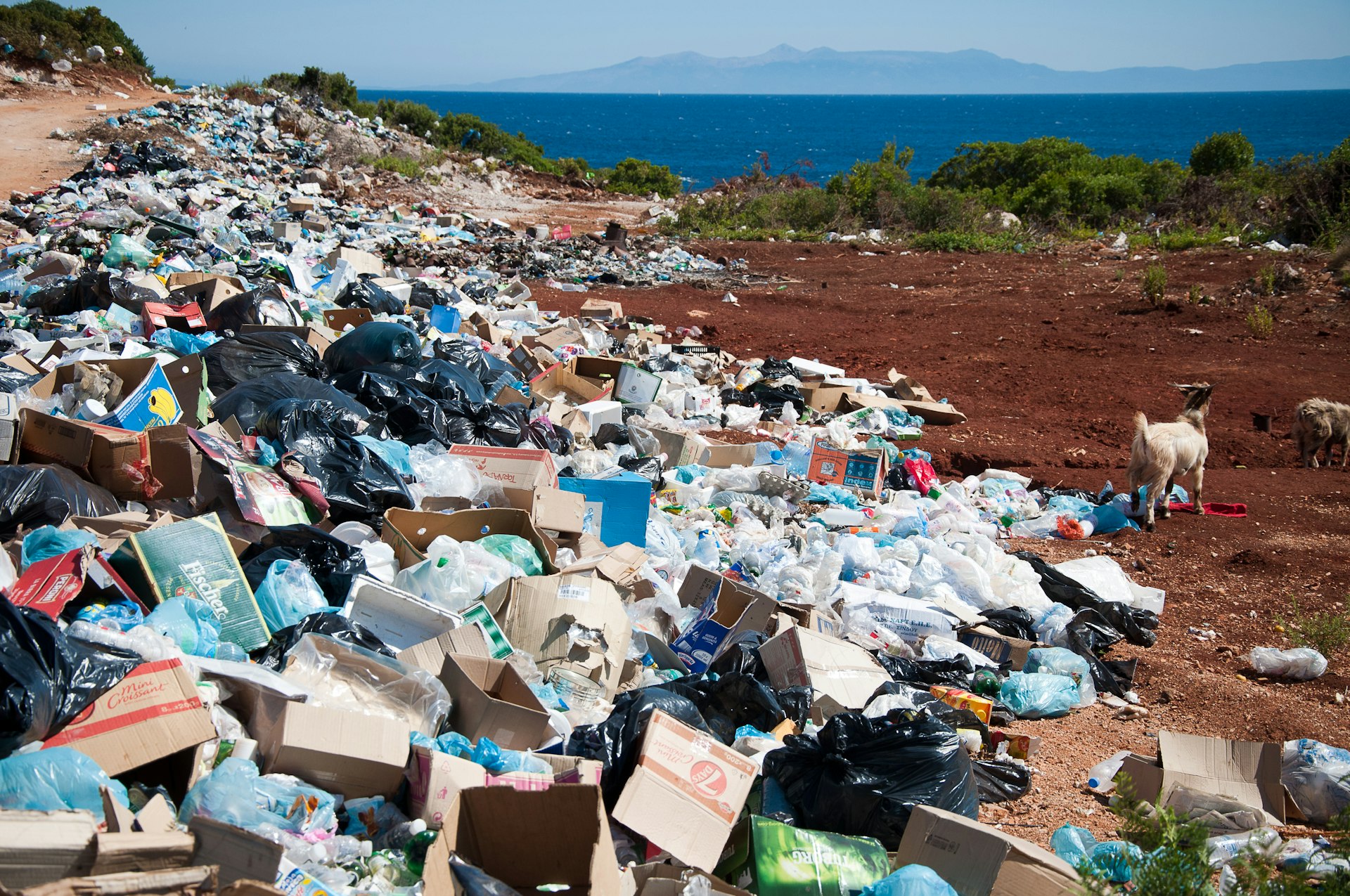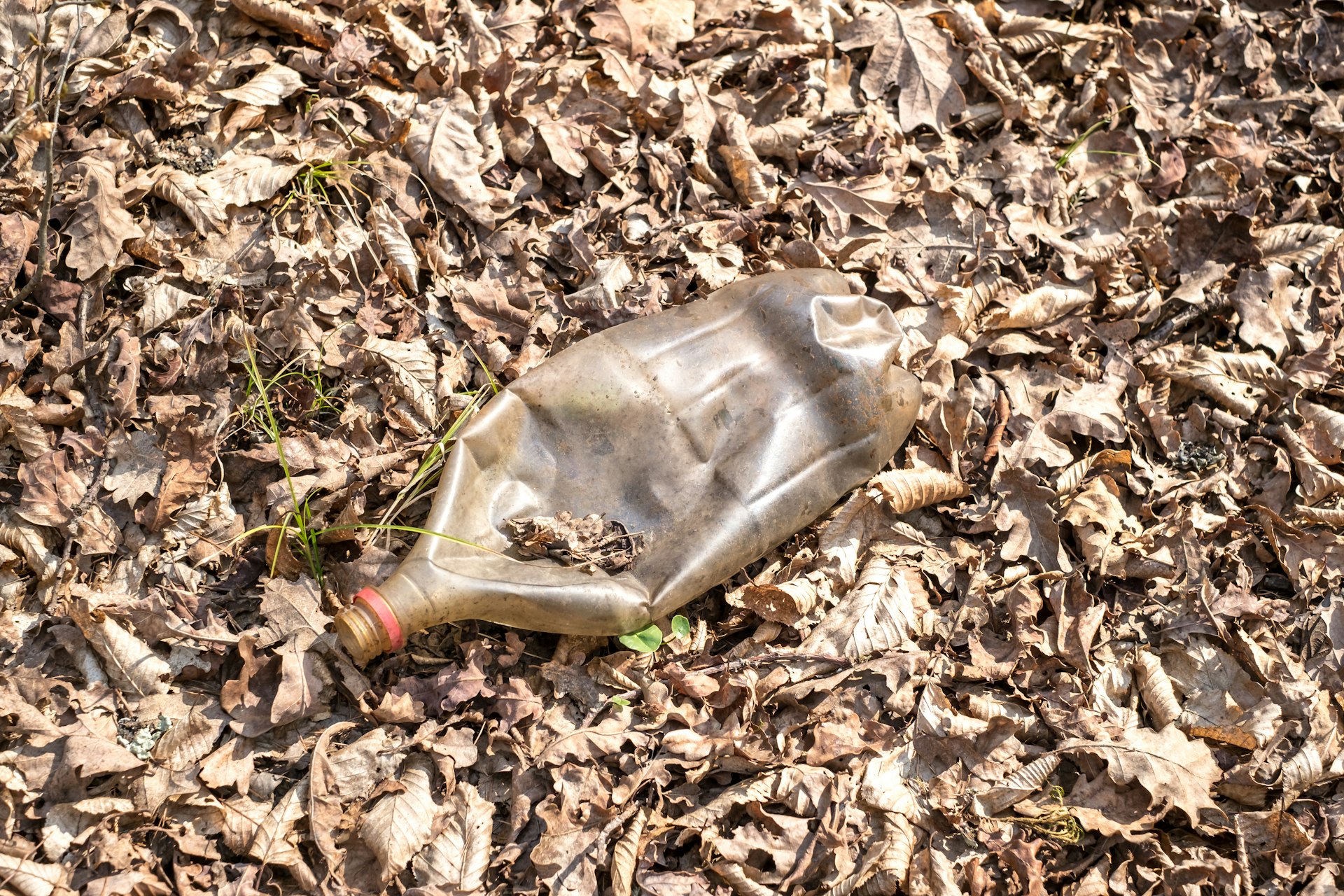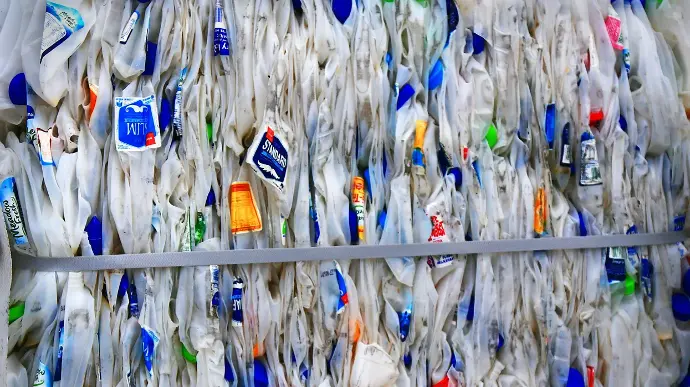Changing the world is possible.
We’ve done it before.

The Critical Need for Effective Waste Management in Hargeisa
Hargeisa, the capital of Somaliland, generates around 50,000 tons of solid waste annually, 60% of which is plastic. Effective waste management is crucial for environmental protection, public health, economic growth, and climate change mitigation. Strategies include reducing waste generation, reusing items, recycling materials, and promoting awareness and advocacy for sustainable practices. Collective efforts from individuals, communities, businesses, and governments are essential to achieving these goals. Learn more

Social Plastics Innovation Challenge Fund
As Somaliland continues to develop, environmental protection has become a crucial issue. Effective waste management plays a vital role in preserving the environment and ensuring sustainable growth. This article explores the significance of environmental protection in Somaliland and outlines key strategies for achieving it.
The Importance of Environmental Protection: Environmental protection is essential for maintaining the health and balance of Somaliland's ecosystems. Proper waste management reduces pollution, safeguarding air, water, and soil from harmful contaminants. This is particularly important in a country with diverse natural habitats that support a variety of flora and fauna.
Challenges in Somaliland: Somaliland faces significant challenges in managing its waste. Rapid urbanization, population growth, and limited infrastructure contribute to the accumulation of waste, particularly plastic. Without effective waste management practices, pollutants can infiltrate natural habitats, harming wildlife and disrupting ecosystems.

plastic recycling promises
- Chemical recycling, specifically pyrolysis, only transforms 15-20% of plastic waste into new plastic, with the majority turning into other chemicals or fuels.
- Products from pyrolysis contain minimal recycled material, heavily diluted with nonrecycled naphtha.
- The industry uses complex accounting to inflate the recycled content of their products, misleading consumers.
Key quote:
“If anyone has cracked the code for a large-scale, efficient and profitable way to turn plastic into plastic, every reporter in the world” would get a tour.
— Neil Tangri, Global Alliance for Incinerator Alternatives Learn more